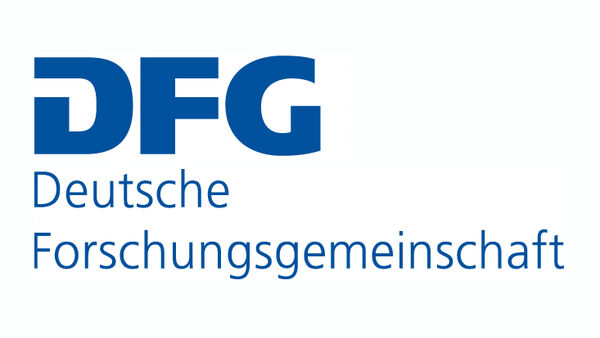DFG Research Grants
ATL gene family: How mutations in ER-shaping proteins cause axonopathy
Peripheral neuropathies, including Small Fiber Neuropathy (SFN), affect millions and lead to chronic pain due to the degeneration of sensory nerve fibers. Hereditary Sensory and Autonomic Neuropathies (HSAN) also involve larger nerve fibers, often caused by mutations in endoplasmic reticulum (ER) membrane proteins like atlastins (ATLs). This project investigates ATL1, ATL2, and ATL3, focusing on how mutations in these proteins contribute to sensory nerve fiber degeneration. We have identified that certain ATL2 variants can cause SFN and will explore the role of autophagy of the ER (ER-phagy) in neuronal survival. The project will also examine autophagy and axonal transport disturbances due to ATL mutations.
Cooperating partners
Leibniz Institute on Aging – Fritz Lipmann Institute (FLI)
RWTH Aachen University Hospital
Aging, proteotoxic stress and the neuronal cytoskeleton: Analyses of the age-dependent challenges of the actin filament system
Drebrin (DBN), an actin-binding protein, plays a crucial role in neuronal development and is linked to synaptic changes in aging and Alzheimer's disease. Previous research revealed that DBN coordinates stress signaling with cytoskeletal dynamics through ATM kinase, where reactive oxygen species (ROS) enhance DBN stability via phosphorylation at serine-647, improving stress resilience in dendritic spines. Using a humanized C. elegans model, we found that blocking this phosphorylation disrupts protective ATM signaling and affects lifespan under oxidative stress. This collaborative project explores how actin dynamics can protect neurons from proteotoxicity and neurodegenerative diseases. The research will provide insights into the actin cytoskeleton's role in neuronal protection during stress and aging.
Cooperating partners
Leibniz Institute on Aging – Fritz Lipmann Institute (FLI)
Charité Berlin









